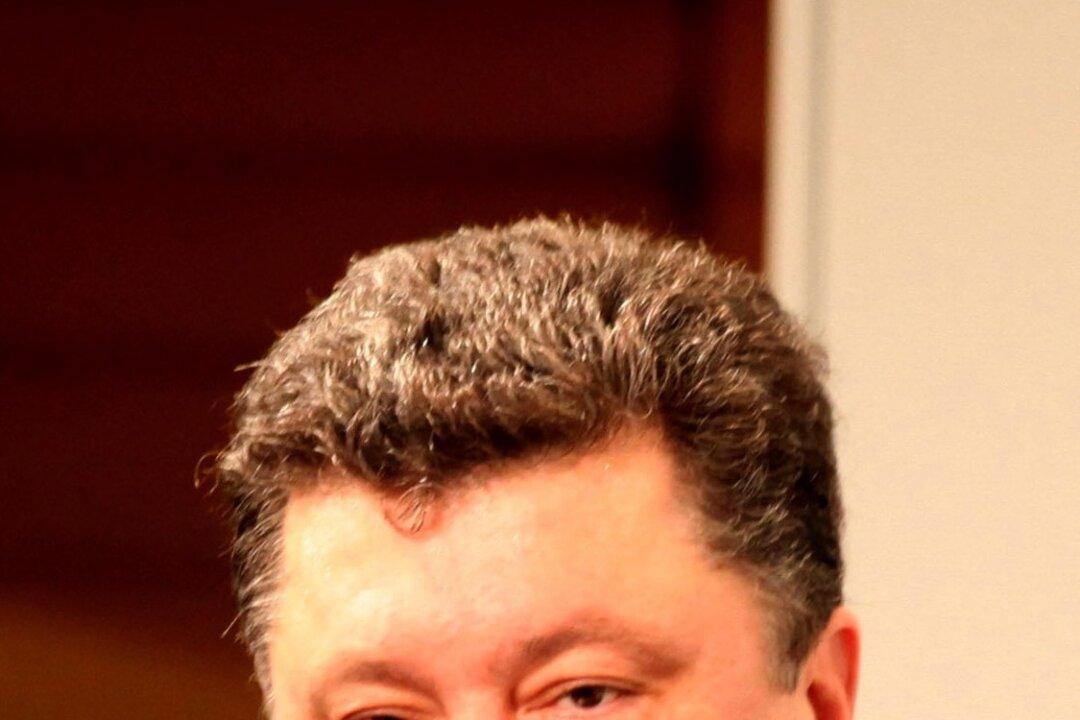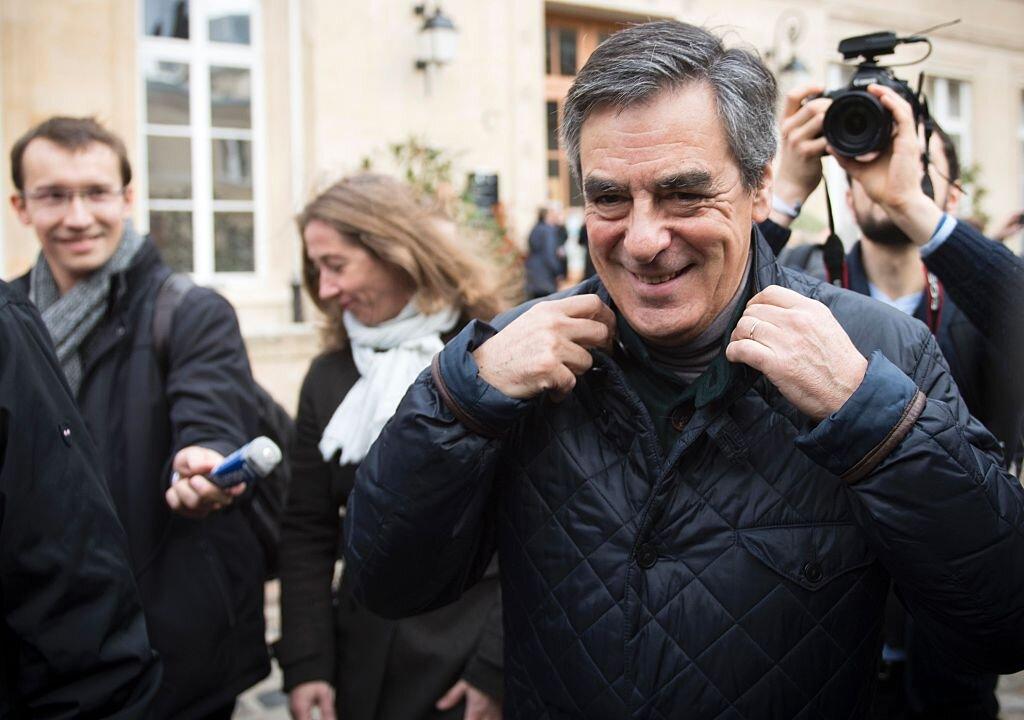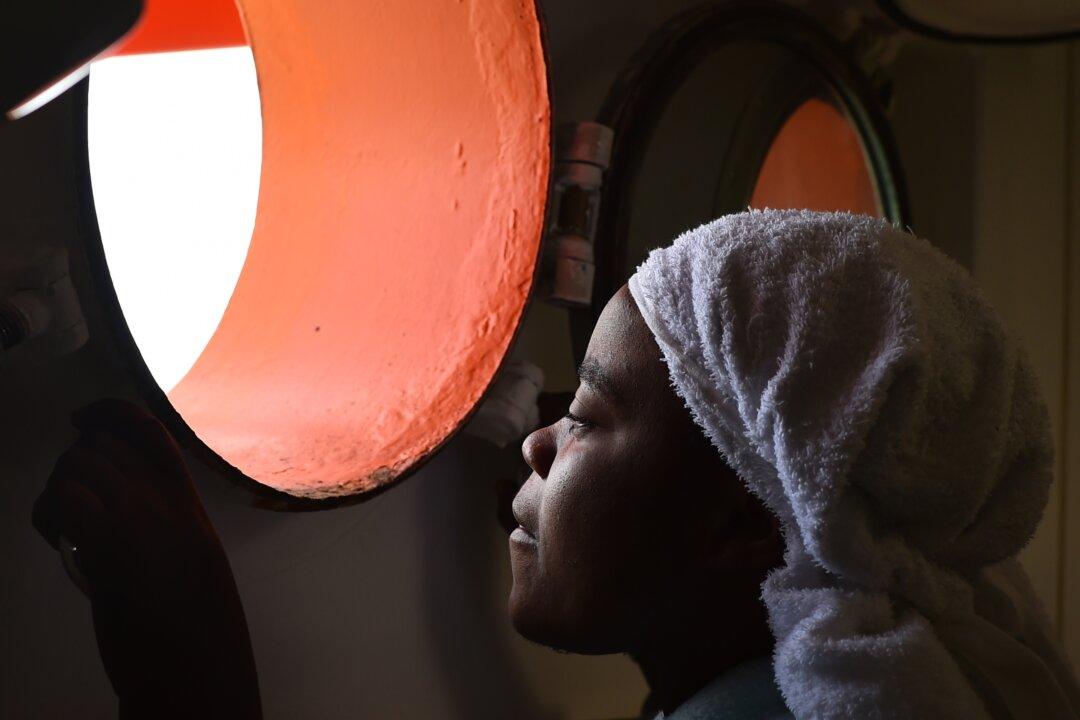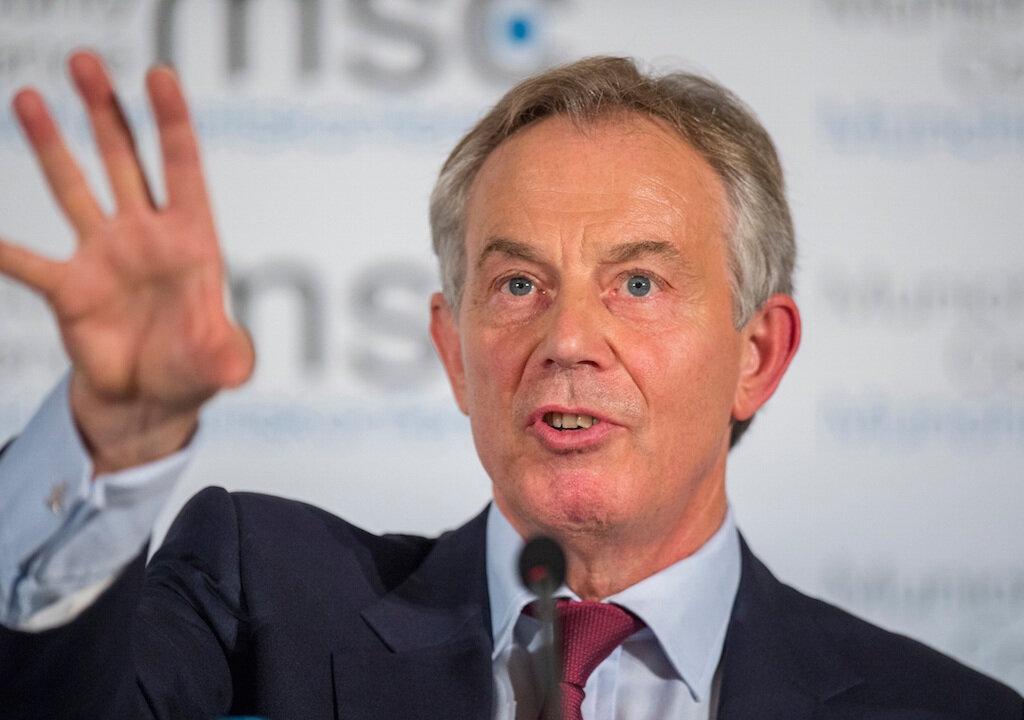What is Putin up to? The Russian President surprised international audiences on Wednesday by calling upon the separatists of Eastern Ukraine to suspend a referendum seeking autonomy, which was due this Sunday. His speech fell on deaf ears unfortunately, as the pro-Russian separatists decided on Thursday to go ahead with the referendum, dashing all hopes for a de-escalation of the conflict. With diplomacy all but off the table, all eyes have now turned to the forthcoming May 25th Presidential elections in hope that the new Ukrainian leader will be able to quell the unrest.
In the West, many pundits (and even political leaders) seem convinced that Petro Poroshenko, who is leading in the polls, is the only one that can successfully tackle the Russian bear and bring his country back together. An oligarch best known for his chocolate empire, Poroshenko is hailed as a shrewd businessman, and recent polls put his support a wink away from securing a 50% majority in the first round. But what if the one thing that makes him popular, his wealth and alleged political independence, are in fact his greatest liability?
Poroshenko is Ukraine’s 8th richest man and has amassed a fortune of $1.3 billion, according to Forbes. His business interests span the Ukrainian economy: automobile factories, shipyards in Crimea and one of the country’s leading TV stations, Kanal 5. But it is Roshen, his confectionary outlet, that is responsible for the better part of his wealth. With an annual turnover of some $1.2 billion, Roshen is the world’s 18th largest chocolate manufacturer. Although fairly unknown in the West, the company is the ex-Soviet Bloc’s largest producer, having a substantive market share in Russia. So why is his wealth a liability for Ukraine?
Regimes come and go, but the oligarchs remain
If there’s one thing that everyone should be mindful of in Ukrainian politics, it’s that the fidelity of all oligarchs has proven to be fluid. Indeed, they are concerned mostly with preserving their business interests rather than reforming the Ukrainian society. Poroshenko makes no exception to this rule. A well-known flip-flopper, he has been a constant presence on the political stage, going from party to party, endorsing Pro-Russian President Kuchma, before throwing his financial weight behind the Western-minded Orange Revolution, only to cut a deal with Yanukovych following a brutal fall-out he had with then-Prime Minister Yulia Tymoshenko.
Poroshenko’s support for the disgraced Ukrainian President was short-lived. As soon as the Euromaidan movement took off and Yanukovych’s future as President no longer seemed evident, Poroshenko, who benefited from his regime, quickly abandoned the embattled leader and carefully positioned himself as part of the revolutionary movement. His media outlet, Kanal 5, was the only Ukrainian national TV station that offered constant coverage of the protests, bolstering anti-Yanukovych sentiment across the country of 45 million.
What made Poroshenko switch allegiances? Naturally, the answer can be found by looking to his business interests. Along with other oligarchs, such as Rinat Akhmetov or Dmitro Firtash, who felt squeezed out of lucrative business by Yanukovych’s inner circle of friends and family, Poroshenko began financing the opposition party of Vitaly Klitschko.
Furthermore, in July 2013, as Russia was stepping up its threats to destabilize Ukraine if Kiev signed the Association Agreement with the European Union, Poroshenko was shocked to find that the main company of his empire, Roshen, had been blacklisted by the Kremlin in a wave of trade sanctions imposed on several other Ukrainian enterprises. As Russia is the main market for the company, sales fell dramatically and prompted the closure of a factory in Mariupol, Eastern Ukraine. Belarus soon followed suit and imposed a similar ban, causing losses of $200 million.
In March, the trade war went into a new stage, as Russian prosecutors accused Roshen of producing counterfeit products and suspended production at its main factory in Russia, at Lipetsk. The consumer watchdog responsible for the claims is asking for $70 million in damages. Given the state of the Russian justice system, the trial is most likely going to be lost by the Ukrainian oligarch.
The saga of Poroshenko’s chocolate empire perfectly illustrates the extent to which he can be a liability for the Ukraine. Politically motivated Russian sanctions can cripple the economy, leading to job losses and reduced economic growth spelling doom for a country that is struggling to meet its gas bills. The economies of the two neighboring countries being so intertwined, Poroshenko’s wealth is, in the long run, a vulnerability. He has a lot to lose if he stands up to Putin and if his track record is any indication, he is bound to temper his aggressive rhetoric against Russia if he were to become President.
According to the Carnegie Foundation, “many Ukranian oligarchs have pooled their resources and are backing Poroshenko”, recognized as a like-minded ally. A victory for his main opponent, Yulia Tymoshenko would spell trouble for this clique of corrupt and influential businessmen. After the Orange revolution of 2004, she turned against them in an effort to root out their control over Ukraine’s political life by reprivatizing the Kryvorizhstal steel factory, bought for a paltry $800 million by Akhmetov. It was later sold to Mittal Steel for $4.8 billion.
The pieces of Ukraine’s political puzzle fit nicely together, once the oligarchs’ influence and their shady interests are factored in the equation. Poroshenko may try as he likes to embody the ideals of pro-Western Ukrainians, but at the end of the day he is merely a political chameleon that swings anywhere his business interests take him. Just as today the wind blows from the West, tomorrow it may blow from the East.





